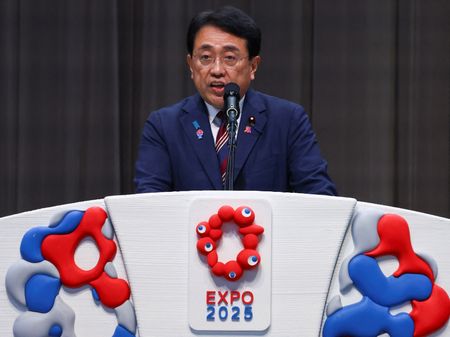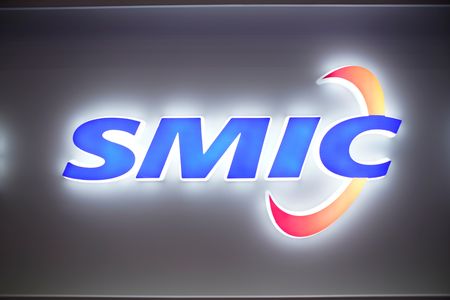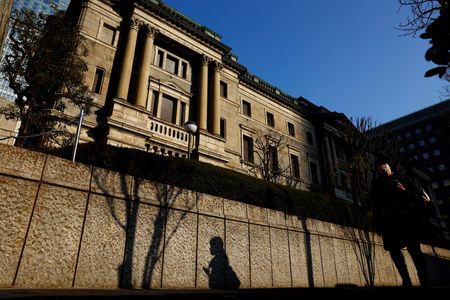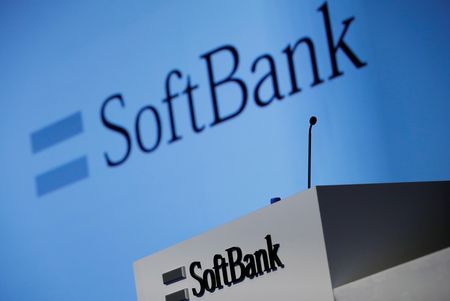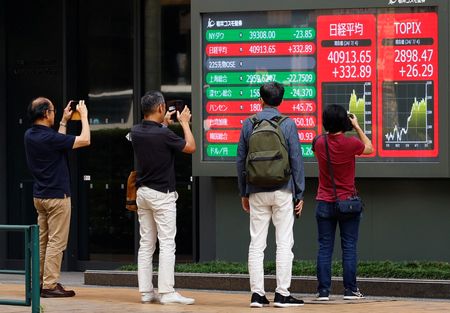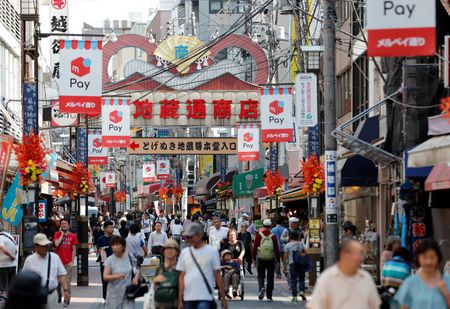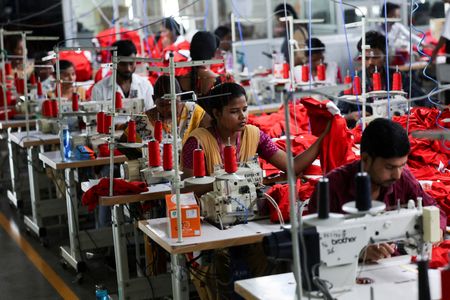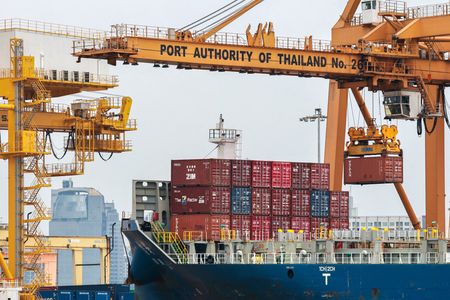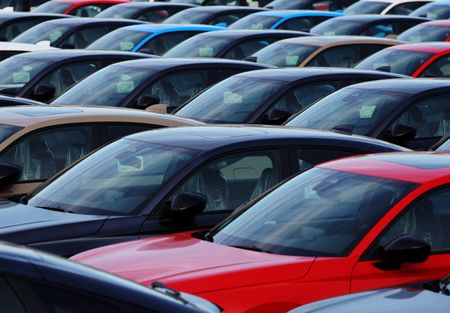By Kantaro Komiya and Tim Kelly
TOKYO (Reuters) -The U.S. government on Thursday promised to amend a presidential executive order to remove overlapping tariffs on Japanese goods, Tokyo’s trade negotiator said, after talks in Washington to fix what he called a “regrettable” oversight.
In those discussions, Ryosei Akazawa urged U.S. Commerce Secretary Howard Lutnick and Treasury Secretary Scott Bessent to ensure that a 15% levy agreed last month on Japanese imports was not stacked on goods, such as beef, that are subject to higher tariffs.
They explained they would amend a July 31 presidential order, which included a no-stacking provision for the European Union but not Japan, and also refund excess duties collected, Akazawa said.
Lutnick and Bessent also said Trump would lower auto tariffs to 15% from 27.5% in a separate executive order, in line with the trade agreement reached by the two countries last month.
“Frankly, I did not expect to be visiting the U.S. again so soon after my last trip,” said Akazawa, who has travelled to Washington nine times since April.
The U.S. Treasury and Commerce Department did not immediately respond to requests for comment on the meetings with Akazawa.
Clarity on the tariff changes, along with strong corporate earnings, pushed Japan’s broad Topix index above the key 3,000-point mark for the first time.
Reports about the amendment “calmed fears over U.S. tariffs and helped drive the market higher,” said Shoji Hirakawa, chief global strategist at Tokai Tokyo Intelligence Lab.
TARIFF CONFUSION
Japan is among eight major U.S. trading partners to have reached a trade framework deal, and the 15% rate for many of its goods is on the low side.
The U.S. on August 7 began collecting higher tariffs on dozens of countries’ imports, including a 50% levy on imports from Brazil, a 39% rate for imports from Switzerland and a 35% rate for Canadian imports.
Much of what Akazawa negotiated in July during his previous visit to Washington, including directly with Trump, was never put into a signed document. That created confusion in Tokyo and fears that some Japanese companies could face higher tariffs than anticipated.
Prime Minister Shigeru Ishiba has been criticised by his opponents for not crafting a joint statement with Trump on the trade deal. Ishiba, who is under pressure from some in his party to step down after last month’s upper house election loss, said he chose not to do so to speed the agreement’s implementation.
To clinch the trade deal, the Japanese premier agreed to raise investment in the U.S. by as much as $550 billion through government-backed loans and guarantees for projects that benefited both countries.
Trump later compared that to a baseball player’s signing bonus that Washington could invest as it liked.
Akazawa declined to say whether he discussed the investment pledge with Lutnick and Bessent.
Japan “will continue to maintain close communication with the U.S. side at various levels,” the government said in a statement.
(Reporting by Kantaro Komiya, Tim Kelly, Kaori Kaneko and Chang-Ran Kim; Additional reporting by Kevin Buckland; Editing by Jamie Freed, Lincoln Feast and Edwina Gibbs)

